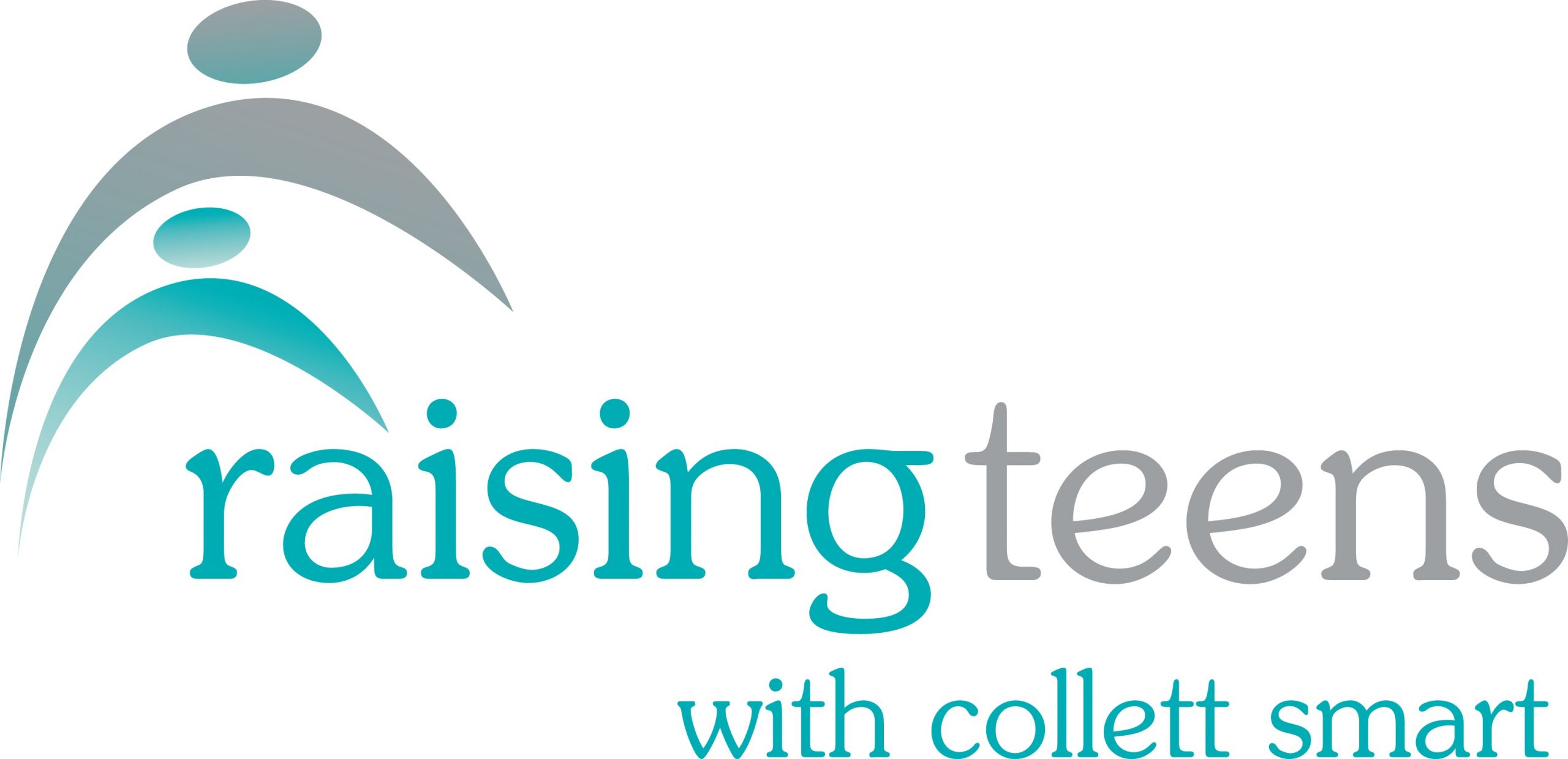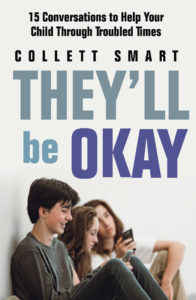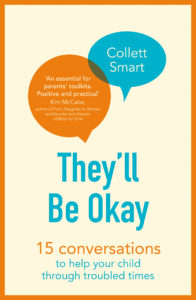by Clare Bruce

If you’re a parent, a teacher, a youth worker, or simply have teenagers in your world, please do a young person a favour: talk to them about healthy relationships, and what it means to love.
Research shows that teens are hungry for advice on ‘love education’
Our sex-soaked culture may provide an ocean of information on sexuality, and how to avoid pregnancy and sexually transmitted diseases—but it’s desperately lacking in relationship wisdom.
A research project by Harvard University called Make Caring Common has shown that young people are struggling to form and maintain healthy romantic relationships, while also battling a culture of poor attitudes towards sex. Yet the parents and key adults in their lives are generally failing to help them.
Adolescent psychologist Collett Smart, who spends a lot of time in high schools talking with young people, told Hope 103.2 that the need for ‘love education’, is just as crucial as sex education.
“This is something I’ve been saying for a long time,” Collett said. “We’re doing so much talking to them about STI’s and pregnancy and while that’s important, we need to be talking to our young people about deeper concepts of relationships. They absolutely, desperately want this from adults in their lives.”
The Make Caring Common project, which surveyed about 3000 high school students and young adults, showed that 7 in 10 young people want guidance about romantic relationships and caring.
They feel unprepared for this central aspect of life, and parents need to step up to the plate, says Collett.
“So many parents are concerned about doing ‘the sex talk’, which is important,” she says, “and it’s not a one-off talk, it’s lots of conversations. But we actually need to start with all the other parts of romance and love, talking about what’s important in romantic relationships.
“To hand over this responsibility to popular culture and media is a terrible abdication of our responsibilities.”
What do Young People Want to Know About Love?
Some of the areas young people are wanting to hear about from the adults in their lives, include:
- What is a healthy relationship like?
- What are the signs of an unhealthy relationship?
- What is the difference between lust, and love?
- How do I know if I’m just attracted to somebody physically?
- How can I be caring and generous?
- What does consent look like?
- How do I recognise and handle jealous, controlling behaviour?
- What makes for a mature, lasting, long term relationship?
- How do I love without clinging or possessing?
- How long does it take to get over a heartbreak?
Teaching Young People About Love: Tips for Parents
When parents have been through a breakup or divorce, they often feel disqualified from giving advice, the Harvard survey showed. But Collett says those parents are just as qualified as anybody else, and they should confident in talking to their young ones.
“Those conversations aren’t going to happen in one single talk. It’s going to happen over time.”
“If you’ve had struggles in your relationships, talk about that to your young people,” she said. “Tell them what worked and what didn’t work. What could you have done better, what could have worked better. What does a long term relationship look like, where did you fail as a teen. Obviously those conversations aren’t going to happen in one single talk. It’s going to happen over time.”
Pop culture can be a good reference tool. Point to examples in movies and TV, of healthy relationships and selfless love in action, as well as examples of shallow, unrealistic relationships. When your children mention about their friend who broke up with a boyfriend, or whose parents have separated, talk it through.
Be realistic, and help them to understand that not all romantic relationships early in life will work out—but don’t trivialise their own early romantic interests, either.
“It’s important we don’t gloss over our teens’ relationships and make them not important, when they are in love when they’re 16 or 17—because for them, it’s very intense and important,” says Collett.
One last thought on role models
Parents are the best people to speak into the lives of their teenagers according to the research, but the reality is, some mums and dads aren’t willing or available to have these conversations.
That’s why schools, youth workers and other adult mentors have a role to play, too.
“Teachers and mentors can talk about their concept of relationships and what happened for them (within appropriate boundaries)” says Collett. “It gives our teens lots of different perspectives.
This formed part of one of Collett’s fortnightly radio segments and was written up by Clare Bruce here.
Listen to the podcast below:





 My name is Collett Smart. I am a psychologist, qualified teacher, speaker, podcaster and internationally published author, with more than 25 years experience working in private and public schools, as well as in private practice. I am married and have 3 children aged aged 22, 20 and 14 years-old.
Welcome to Raising Teens!
My name is Collett Smart. I am a psychologist, qualified teacher, speaker, podcaster and internationally published author, with more than 25 years experience working in private and public schools, as well as in private practice. I am married and have 3 children aged aged 22, 20 and 14 years-old.
Welcome to Raising Teens!
